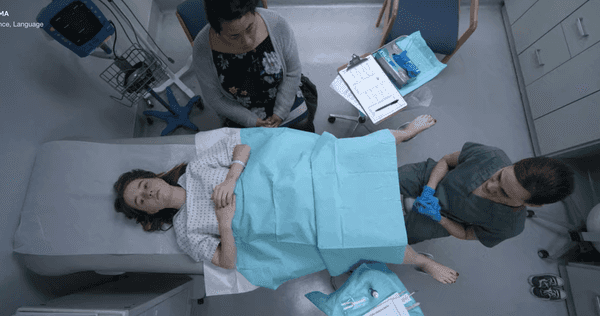Late in 2014, pop star Kesha filed a lawsuit against her producer, Dr. Luke, for alleged sexual assault and battery, sexual harassment, gender violence, emotional abuse, and violation of California business practices. Kesha claimed that over the course of 10 years, Dr. Luke had drugged her and had sexual contact with her with and without her consent. In mid-2015, the pop star extended her suit to her recording company, "Sony Music Entertainment," for knowing of the misconduct and turning a blind eye -- for not investigating the alleged conduct, failing to take action, and concealing the abuse.
Over the last two years, Kesha could not record any new music, which means she couldn’t tour, and without any attention in the radio or the media, Kesha’s career plummeted to the point of no return. Because there had been no proof of the alleged sexual assault, the trial essentially was a he-said, she-said, which unfortunately led to the court agreeing with Dr. Luke. Kesha couldn’t have spoken up earlier or taken any course of action, because her career was being threatened by her alleged abuser. But why is the victim getting punished for something that was entirely out of her control?
The outcome of this case is so important because it finally brings the controversial topic of sexual assault to the spotlight, and it's forcing people to really talk about the issue. People often don’t talk about sexual assault, because it really is an uncomfortable topic to talk about. But it should be discussed. There needs to be public awareness on this issue because it happens way too often for it to just be pushed out of the way like nothing.
Sexual abuse is the most underreported of all crimes, with a startling 68 percent of cases going underreported. Understandably, the victims feel ashamed, threatened, or even guilty to speak up or act, and don’t report the crime. But there simply can’t be justice for the victim if the perpetrator is free. But the most shocking statistic is that 82 percent of all sexual assault victims were raped by someone they knew. The victim is being assaulted not by a stranger but by a friend or a neighbor, someone they know and probably trust. And that’s what makes it a whole lot scarier.
In fact, one out of six women have experienced an attempted or completed rape, and 83 percent of them happened before the age of 25. Which means that possibly one out of six of my female friends could be a victim of sexual assault within the next five years or has already been a victim.
Although men are not often seen or heard as the victims of sexual assault, it does not mean that they cannot be. In fact, in the second season of "American Crime," the show revolves around a teenage boy who claims to have been drugged and raped by another boy. A double whammy. And because a lot of the cases are often women, a lot of the characters of the show are shocked of this boy’s claims or just don’t believe it. “It didn’t happen, because boys don’t get raped,” says the mother of a potential suspect, and you don’t have to really think about it to agree that a lot of people probably think the same way. But 14 percent of reported rapes do involve male victims. Boys can be raped, and it should get the same level of attention as a girl’s case would.
It is not OK to be ignorant over topics like these, because it affects everyone, but especially younger people with no voice, or who are too afraid to speak up. And you may say it won’t happen to you, but you won’t know until it does happen to you. Kesha’s trial brought sexual assault to the public eye, and at this time the people can educate themselves by learning more about other cases. Watch “The Hunting Ground,” a film about sexual assault in a university, and learn about what you can do so that your abuser doesn’t get away with it. It is an opportunity for us to be more aware of the dangers of sexual assault because it is never too late to learn until it is.





















